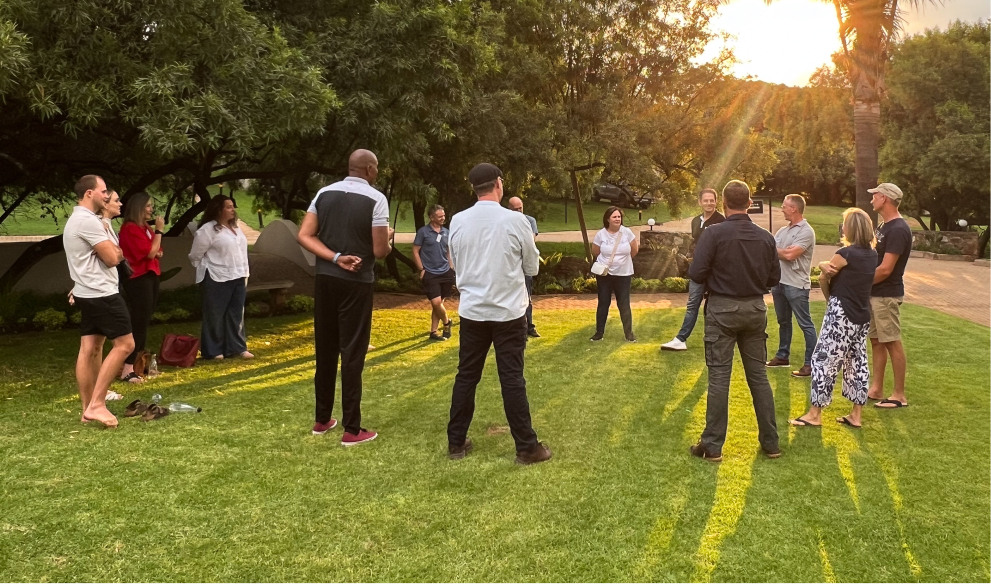I have been intentionally interacting with adventure professionals such as operators, facilitators and guides in the outdoor and adventure industry the last few weeks and the South African expression of physical, emotional and cognitive awareness in our experiences puzzled me.
Working with people in the outdoors where we expose clients to adventure (excitement, risk, the unknown) is such a blessing and a privilege, but it is also an immense responsibility.
Seeing the satisfaction or the change of perception of self and others are amazing. It is also true that one uncalculated activity, one insensitive statement, one wrongly sequenced process can negatively impact a life forever.
Adventure professionals (operators/facilitators/guides) are working with people’s hearts, minds, and bodies. These multi-sensory experiences are stored in the brain in a much more prominent neuro pathway – something not easily undone (whether positive or negative).
As an industry, we have put so much emphasis on physical safety, but neglected emotional safety. Competence of physical safety is emphasised, but emotional safety competence is overlooked and sometimes not even mentioned.
Many times I have seen how adventure professionals in outdoor and adventure experiences were not equipped to identify participants with potential challenging behaviour or remedy a situation that got out of hand. This can be routed in old trauma or something “new”. So many things can spark this, from participants experiencing intense fear, groups putting unfair pressure on participants, participants misjudging their abilities, the list goes on.
I am convinced that if adventure professionals are aware of how the brain works, what activates people, how trauma is “stored”, what evokes it, etc., these situations can be handled so much better.
Whether recreational, educational or something else, whether consensual or exploratory, many adventure participants go through experiences where “something” goes wrong and causes a traumatic event.
If adventure professionals are aware of what to look for, how to identify it and how to change the situation to make it a triumph instead of something that can enforce or cause new trauma, programmes and offerings can be so much more effective.
If adventure professionals are holistically trained they would not only be able to identify problematic behaviour, they would be able to re-design activity processes, be more strategic and intentional with their communication and be able to properly reflect on the experiences to properly transfer the learning (good or bad) to real-life celebrations. This is not only true for educational or developmental interventions but tourism and recreation operators or guides can also give their clients a much richer experience if they are sensitive to these factors – even if the outcome was never intended to be delving into these areas.




